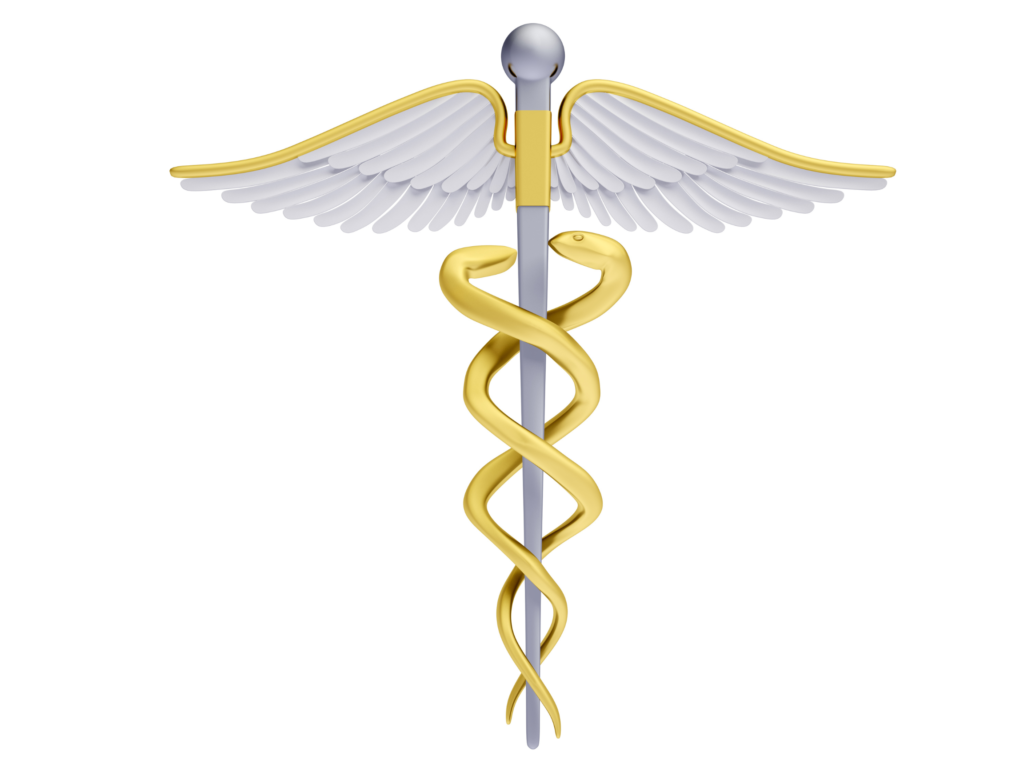
Recently, during a podcast with @mymommymentor, we discussed how to avoid a traumatic birth experience, which is a workshop that I offer. The subject of medical consumerism came up, and it inspired me to write this blog about how to become a medical consumer when dealing with medical or health related issues.
We don’t tend to think of ourselves as medical consumers, but we are, and we need to remember that in our dealings with health care professionals. The way that the medical model works is to downplay patient authority within the power differential between the professional and the patient. And it usually works like a charm. However, we need to challenge that ‘power over’ dynamic to be more of a ‘power with’ engagement between patient and professional, which is the basis of shared decision making in medicine.
Assertiveness in the Doctor’s Office
When I was training to become a certified childbirth educator in 1977, we were given a handout called “Assertiveness in the Doctor’s Office”, which was my introduction to the notion of medical consumerism. This typewritten page presented 11 suggestions that “may help you to assert your rights as a consumer of health services.” I particularly like #5 that stipulates: “Married women have full rights to any and all medical treatment without the consent of their husbands.” It’s hard to imagine that this was an issue back in the 1970s, and yet it seems that there are now politicians who would like to take us back to those bad old days, 50 years on.
Of course, the point is to indicate that we choose to be active participants in our own care, and it disrupts the tradition of the patient as passive recipient. Whether in the hospital or in a doctor’s office, it puts the staff on alert that they cannot just bulldoze us into doing things the way they are accustomed to doing them. Anyone who doesn’t work in a hospital is out of power in that environment when they are admitted. That doesn’t mean that we must abdicate our needs when we bump up against resistance. We can reclaim our power in situations where otherwise we have felt powerless.
Let me give you an example of medical consumerism that I practiced. Recently I had to have a couple of nuclear scans done. When I went in, I said to the technician that I wanted to see the scans before I left. That was not something that was allowed, but I’m a believer in a slogan adopted by childbirth advocates that says, “You’re not allowed to tell me I’m not allowed.” When the first scan was done, the lead technician said it wouldn’t be possible. I asked why, and he said it was hospital policy.
Here’s where my experience in hospitals helped me. I asked where I could see that policy, and he stumbled, because I had outsmarted him. His boss said I could see the scans and took me into the small adjoining room to show me. Why? Because when hospital staff tell us it’s hospital policy, they expect people to back off. It generally gets the compliance they expect because so few people know they can request to see where it is written. It’s usually not. Hospital policy often means hospital practice, and it’s just how it’s been habitually done.
4 Questions
Another aspect of consumer awareness is what I call the 4 Questions. Those are questions we respectfully ask our healthcare providers when they are suggesting that we do something they want to do. I’m won’t go into too much detail here because I’ve written another blog years ago just on this subject (https://dianespeier.com/four-questions/) but asking questions of clarification is an empowering act. It is also an essential aspect of informed consent that we have all the information we require when having to make a decision about our care.
When I was working as a birth professional years ago, there would be women who called me months after they had given birth, to talk about why a procedure or cesarean was done during their births, and they weren’t even my clients. They were unable to reconcile what had happened. Rather than carry the weight of unresolved matters, ask questions of clarification. A submissive attitude can end up causing us to do something that doesn’t feel right. If it doesn’t feel right, we need to honor that concern, and not be coerced into it by someone who didn’t give us the full picture in the first place.
The 4 questions are:
- Why?
- What are the alternatives?
- What are the hazards and/or risks, or the cost/benefits ratio?
- What are the side effects?
These four questions apply to anything of a medical nature, and knowing them and using them can help us to negotiate with our healthcare provider so that we are entirely reconciled to the need for the measure. Then we can give informed consent to whatever the situation requires. Being an active participant in the decision making process is empowering. No longer a passive recipient of what the doctor decides, these questions start a dialogue in which we engage assertively regarding what needs to happen.
Most people are unaware that we are entitled to have a complete explanation of all possible treatments, procedures, and medications before giving our consent, and without this it is not informed consent. When we are given the information that we need, we can reconcile what happens to us, and it feels empowering. I’ll finish with a story about a client I had a long time ago. She’d had a traumatic cesarean birth experience for her first birth in another state in the US and had moved to NY, where her midwives suggested she contact me to help her heal some of her trauma. We did some one on one counseling, and she attended group birth preparation classes with me. She was enthusiastically prepared for a vaginal birth after cesarean (VBAC), and she labored toward that possibility, but she ended up having another cesarean. However, because she was so well informed about what could happen and what she could do about it, she felt entirely empowered by the experience of knowing and collaborating with the staff every step of the way. In her own words: “I feel the work we did really has paid off. This recovery has been much easier, both mentally and physically.”
I would love for more people to embrace what medical consumerism offers, especially women who are having babies. The incidence of birth trauma (or the experience of feeling traumatized by birth) would decrease considerably if women could take a more assertive role is communicating with healthcare professionals while in labor. Better yet, have a partner or companion there to advocate for the laboring mama, so she can get in the zone and powerfully birth her baby.
Blessed be.







